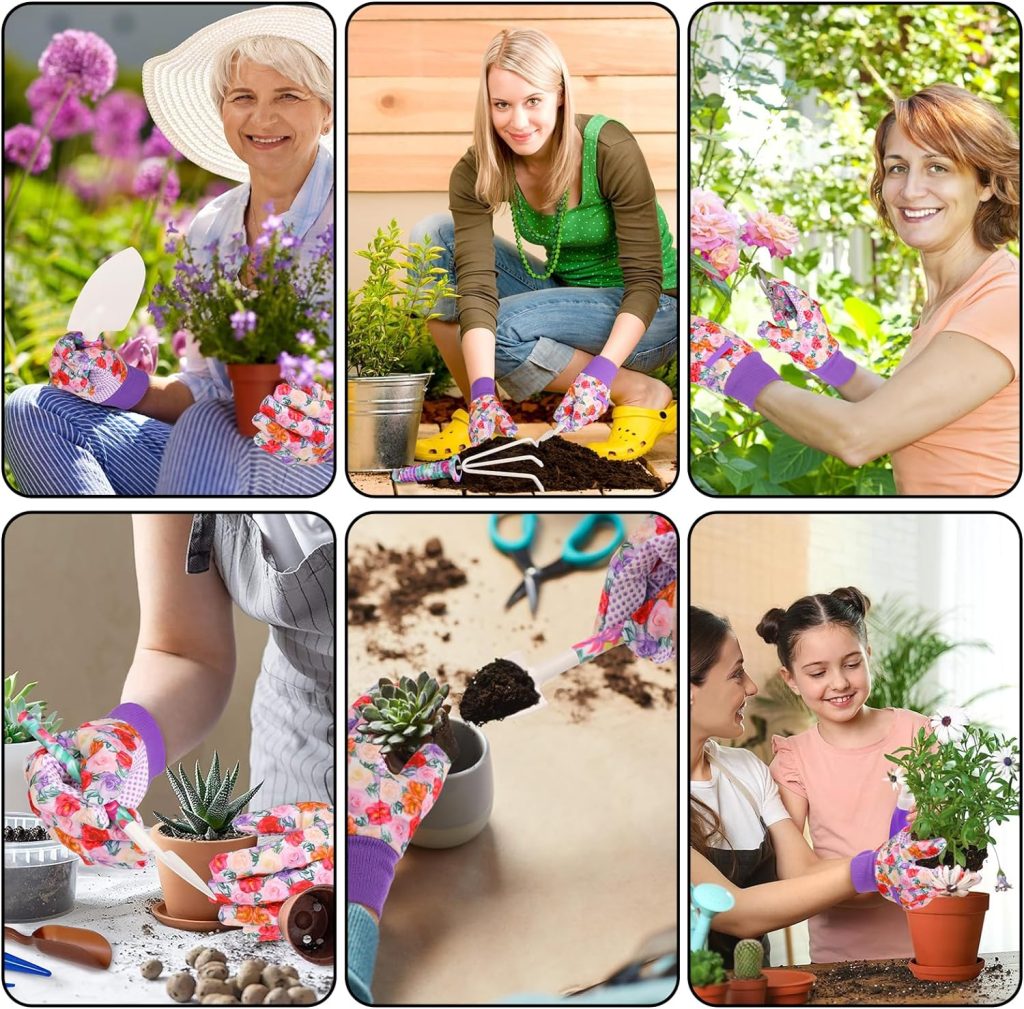Community Building Through Organic Gardening
Community building thrives through organic gardening, fostering connections and sustainability. It goes beyond mere cultivation, nurturing bonds among neighbors and enhancing local resilience.
Through shared labor and harvests, individuals unite, enriching both their environment and social fabric. Organic gardening becomes a medium for learning, sharing resources, and supporting one another.
This holistic approach not only yields fresh produce but also cultivates a sense of belonging and stewardship within the community.
Community Building Through Organic Gardening
Here’s how you can use organic gardening to bring people together:
- Community Gardens: Establish community gardens in public spaces or allocate plots in existing green areas where people can come together to grow organic produce. These gardens provide opportunities for people from diverse backgrounds to connect over a shared interest in gardening and healthy living.
- Workshops and Training: Organize workshops and training sessions on organic gardening techniques, composting, and sustainable practices. This not only educates community members but also provides a platform for them to exchange knowledge and experiences.
- Collaborative Projects: Initiate collaborative gardening projects where community members work together to plan, plant, and maintain gardens. Encourage participation from people of all ages and skill levels to create a sense of inclusivity and teamwork.
- Shared Harvests: Celebrate the fruits of labor by organizing shared harvest events where participants can enjoy the organic produce grown in the community garden. This can be accompanied by potluck meals or cooking demonstrations to promote healthy eating habits.
- Community Events: Host community events such as garden tours, seed swaps, or plant sales to engage residents and foster a sense of community pride. These events can attract not only avid gardeners but also curious individuals who may be inspired to get involved.
- Intergenerational Activities: Facilitate inter-generational activities such as gardening clubs or mentorship programs where experienced gardeners can share their knowledge with younger generations. This helps bridge the gap between age groups and strengthens community bonds.
- Environmental Education: Use the garden as a platform not only for community building but also for environmental education. You can highlight the importance of biodiversity, pollinator conservation, and the impact of conventional agriculture.

